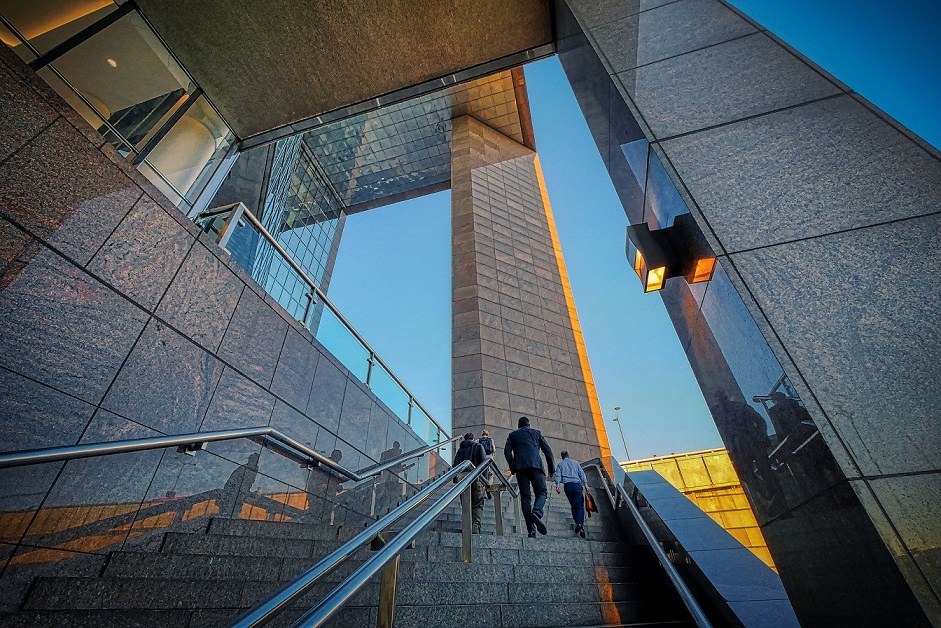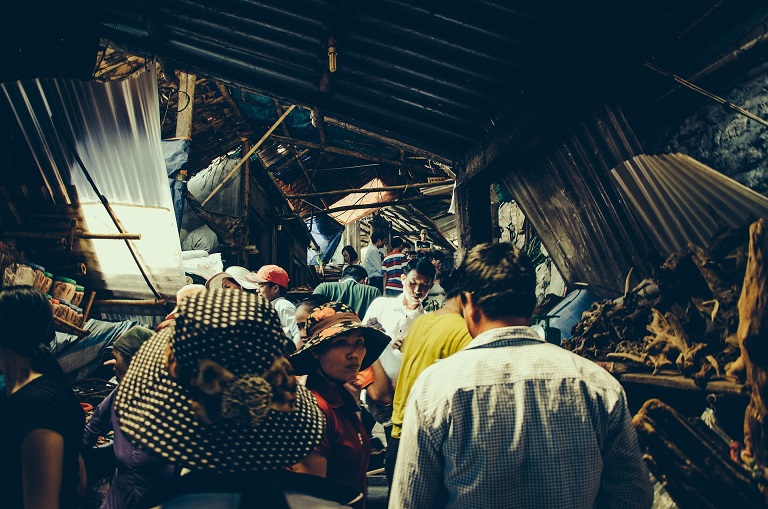Capitalism’s economic crisis, so closely bound to its own nature, had its most recent manifestation in the crisis of 2008 which, apparently, has still not been overcome as the official voices of capital and its administrators, the affected governments, claimed.
Juan  Diego García
Diego García
The pandemic and especially the current war in Ukraine are showing once again the neoliberal model’s limitations, already exposed by the crisis of 2008. But what is certain is that the neoliberal model’s triumphalist declarations of abundance for all have deepened social differences and caused widespread social discontent not only on the system’s periphery but also in the metropolises.
There has been a drastic reduction in income, especially among salaried employees; the basic systems for attending to the population’s needs (health, education, social spending etc) have deteriorated and there exists a disorder in the world trade system that is putting an end to the triumphalist announcements about “globalisation”.
In fact, there is a rebirth of protectionism and the fierce competition between traditional and emerging powers is hotting up. Its most immediate manifestation is the war in Ukraine.
Faced with this panorama, the left should as a result promote any measure that contributes to dismantling the neoliberal model and replacing it with, at least, less harmful forms of capitalism.
These reforms must serve to support measures that facilitate progress in the future in such a way that they become steps towards longer term achievements. In the international ambit the left should favour formulas for regional integration that improve progressive governments’ negotiating conditions against international big business.
 For example, restructuring the European Union on different foundations to the current ones, confirming its economic autonomy of the United States and consolidating alliances of mutual convenience with emerging powers and with the system’s peripheral areas.
For example, restructuring the European Union on different foundations to the current ones, confirming its economic autonomy of the United States and consolidating alliances of mutual convenience with emerging powers and with the system’s peripheral areas.
The integration of Latin America and the Caribbean is already an objective for the progressive forces in this region.
It is unlikely capitalism is about to collapse or that an unprecedented crisis is going to happen, at least not immediately. The system still has sufficient reserves to introduce reforms, as suggested by the IMF, the ECB and the Biden administration. In any event, in the worst-case scenario, the capitalists would have no qualms about using forms of fascism to guarantee their interests. Fascism, in reality, never disappeared and apparently is still there as an ace up the system’s sleeve.
Neoliberalism is much more than an economic model and makes the job of the left more difficult: this model is equally a group of institutions that ensure the appropriate administration of their interests. And in this respect neoliberalism’s crisis could not be more alarming.
The discrediting of the governments and the political institutions is undeniable: there is no lack of pathetic leaders; corruption is rife; electoral abstention is growing to the detriment of the system’s legitimacy.
 There is a proliferation of promotors of magical thinking and of irrationality with speeches against science, with messages loaded with poison from Christian, Muslim and Zionist sects which in so many respects are reminiscent of the ideas of fascism.
There is a proliferation of promotors of magical thinking and of irrationality with speeches against science, with messages loaded with poison from Christian, Muslim and Zionist sects which in so many respects are reminiscent of the ideas of fascism.
Many of these groups foment the most reactionary forms of patriarchy, xenophobia, racism and harassment and persecution of people who are different. There is no lack of ideas about the supposed “superior race”, “living space” and so on, so similar to the ones Hitler defended in Mein Kampf. (A book supporters of the current far-right should read so they know whether they themselves are considered by the Nazis as “unter Menschen”, as an “inferior race” destined for extermination).
If capital still retains sufficient margins in the economic sphere, they are no scarcer in the political and institutional ambits.
The political weakness of the left and of progressive sectors is undoubtedly the bourgeoisie’s greatest advantage in the current class war.
It is not difficult to see how on so many occasions popular mobilisation benefits the parties of the left.
 However discredited they may be, the bourgeoise institutions remain useful to the system while capital is pitted against a basically spontaneous social movement and parties of the left which are severely limited by their fractured nature, their internal divisions and the dearth of debate that allows the critical assumption of the whole legacy of the past’s struggles and the formulation of viable proposals to make progress now.
However discredited they may be, the bourgeoise institutions remain useful to the system while capital is pitted against a basically spontaneous social movement and parties of the left which are severely limited by their fractured nature, their internal divisions and the dearth of debate that allows the critical assumption of the whole legacy of the past’s struggles and the formulation of viable proposals to make progress now.
Supposing, as was believed in the past, that the struggle’s central objective is “to produce more than capitalism” is a mistaken idea and must be overcome in the debate. Struggling against consumerism and the waste of resources is not and will not be easy for the left who, in so many cases, has to defend greater consumption by wide sectors of the population. But a permanent and well-structured pedagogy and the very reality of consumerism’s negative impact on people’s daily life could be of great help in this “battle of ideas” which must move from the clearest nuclei of thought and science to the social majorities. PL
(Translated by Philip Walker – Email: philipwalkertranslation@gmail.com) – Photos: Pixabay












.jpg)












